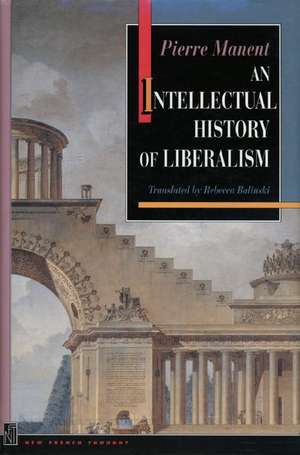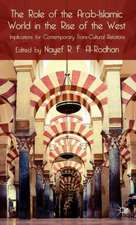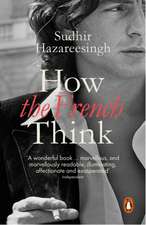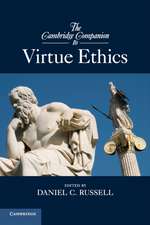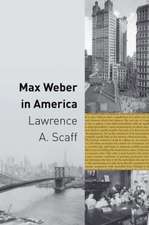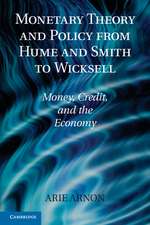An Intellectual History of Liberalism: New French Thought Series
Autor Pierre Manent, Rebecca Balinski, Jerrold E. Seigelen Limba Engleză Paperback – 28 aug 1996
The author traces the liberal stance to Machiavelli, who, in seeking to divorce everyday life from the pervasive influence of the Catholic church, separated politics from all notions of a cosmological order. What followed, as Manent demonstrates in his analyses of Locke, Hobbes, Rousseau, Guizot, and Constant, was the evolving concept of an individual with no goals outside the confines of the self and a state with no purpose but to prevent individuals from dominating one another. Weighing both the positive and negative effects of such a political arrangement, Manent raises important questions about the fundamental political issues of the day, among them the possibility of individual rights being reconciled with the necessary demands of political organization, and the desirability of a government system neutral about religion but not about public morals.
Preț: 324.25 lei
Nou
Puncte Express: 486
Preț estimativ în valută:
62.06€ • 67.44$ • 52.17£
62.06€ • 67.44$ • 52.17£
Carte tipărită la comandă
Livrare economică 22 aprilie-06 mai
Preluare comenzi: 021 569.72.76
Specificații
ISBN-13: 9780691029115
ISBN-10: 0691029113
Pagini: 152
Ilustrații: black & white illustrations
Dimensiuni: 155 x 232 x 12 mm
Greutate: 0.25 kg
Ediția:Revised
Editura: Princeton University Press
Seria New French Thought Series
Locul publicării:Princeton, United States
ISBN-10: 0691029113
Pagini: 152
Ilustrații: black & white illustrations
Dimensiuni: 155 x 232 x 12 mm
Greutate: 0.25 kg
Ediția:Revised
Editura: Princeton University Press
Seria New French Thought Series
Locul publicării:Princeton, United States
Notă biografică
Descriere
Highlighting social tensions that confront the liberal tradition, this book draws a portrait of what we, citizens of modern liberal democracies, have become. It argues that the frequent incapacity of the morally neutral, democratic state to further social causes derives from the liberal stance that political life does not serve a higher purpose.
